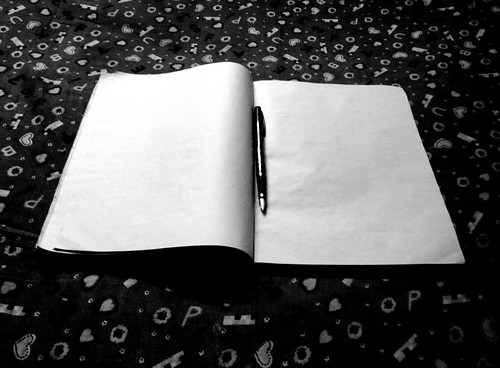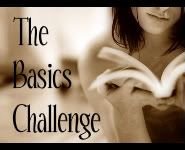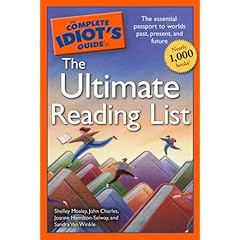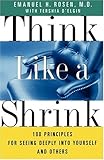--This is the most common ending, especially in romance.--When I pick up a Harlequin, I know that no matter what crap the characters have to go through, they will be together in the end. It's the same with romantic comedy movies--you know when you go see them what the end will be, you're just not sure how they are going to get there. It seems like knowing the ending would ruin the process, but it doesn't--we enjoy the journey.--And be careful setting up this expectation then pulling the rug out from under your reader. As with any rule, it can be broken, but be careful having a happy lighthearted novel then at the end you decimate every relationship or good thing.
--These are trickier, in my opinion. Some people like to cry with their books (*waves at Oprah*), but you don't want to end sadly with no kind of resolution or lesson.--Give the reader something to walk away with. In Titanic, it's horrible that sexy Leo dies, I ugly-cried in the theatre, BUT I was left with the sense of the undying power of love and how someone who we meet only briefly can touch our lives forever.--This kind of ending also works when the only logical place for the story to go is down the sad road. If you're writing a story about the Holocaust, you probably aren't going to be able to wrap it up with balloons and sunshine. (And your readers won't expect you to).
--These are only okay if you are planning a series, in my opinion. Nothing with piss me off more than a book ending with no wrap-up and no next book. That will ruin me on an author.--Even if you are setting up for the next book, make sure that you have some resolution with some of your story threads so that your reader has some sense of satisfaction (along with a desire to know more on the unresolved ones.)--These can be very effective, as I mentioned in my review yesterday. The cliffhanger is the only thing that's going to get me to buy the next book. I also just finished the first four books of The Vampire Diaries and LJ Smith is great at the cliffhanger. I read all four books in about three days because of those darn cliffhangers.
--These endings are more common in literary fiction than genre fiction.--This ending leaves you with something to think and ponder on. If someone were to ask you what you thought of the book right after finishing it, you'd probably say "I'm not sure yet."--Sometimes books with these endings provide a profound experience, other times it's just frustrating, so it has to be done artfully.
**Today's Theme Song**















